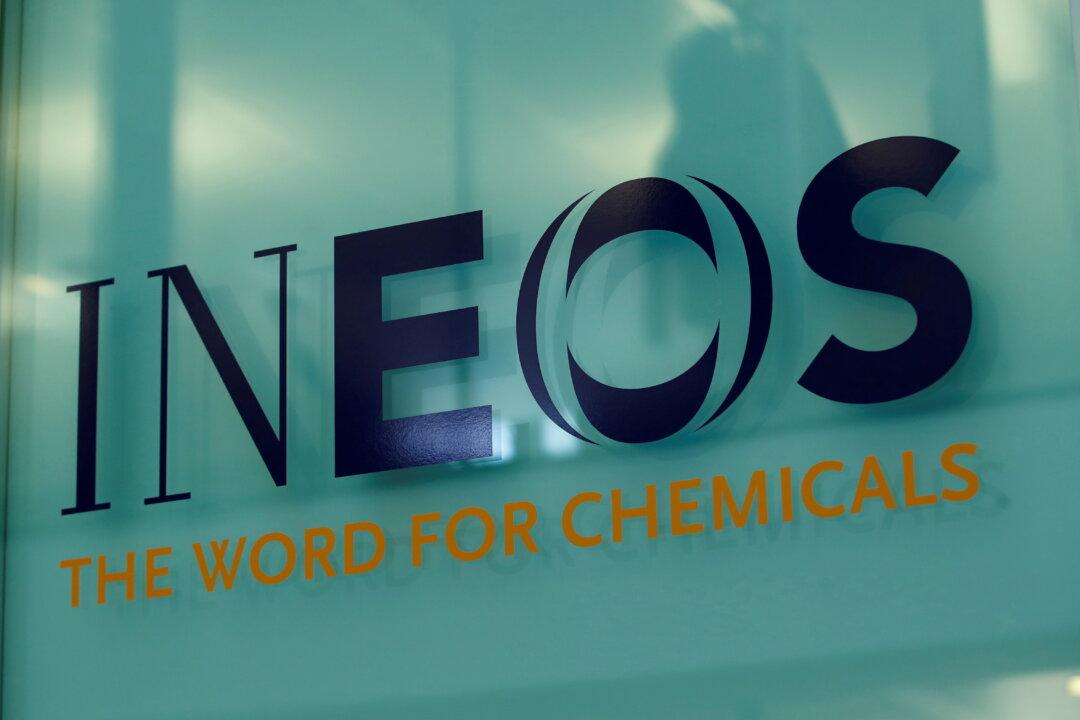British Chemical and energy giant Ineos has written to the UK government with an offer to develop a test site to prove the safety of fracking in the UK.
It comes after the UK government said it’s “remaining open-minded” about fracking for shale gas in the North Sea and commissioned a review of the latest scientific evidence on shale gas extraction amid the energy shortage exacerbated by the Russo-Ukrainian war.





